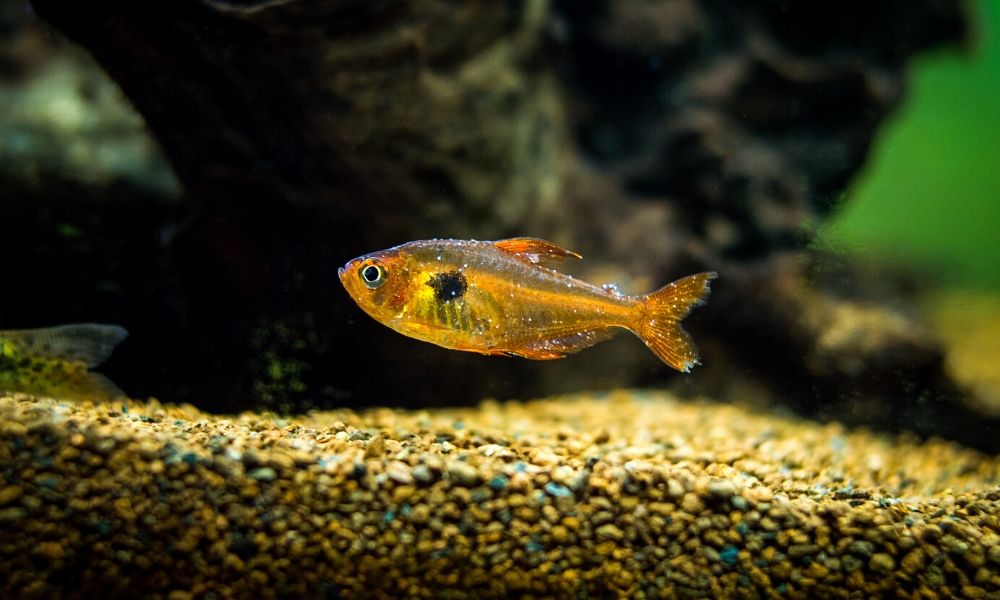
If you have a freshwater fish, it’s important to know about a disease called Ichthyophthirius multifilis. Commonly known as ICH, this disease is caused by a parasite that forms a cyst on a fish and multiplies itself. When left untreated, many parasites can attack the fish and eventually kill it. Some symptoms to watch for include white spots on the fins and gills, fatigue, bloody streaks, and constant scratching against aquarium products. Thankfully, ICH is treatable—here are some tips for Ichthyophthirius multifilis treatment in fish.
Treatments 1 and 2: Increase the water temperature, and add salt to the tank
In order to kill ICH, you need to kill it at the exactly the right time: i.e. before the parasites multiply and cling to your fish. In addition to raising the water temperature, you should put salt in the aquarium to create an undesirable atmosphere for the ICH to survive.
Treatments 3 and 4: Medicate and Quarantine Your Fish
A very effective ICH fish treatment is to give them medication. It’s important to make sure you give your fish the correct medication, because different types of fish respond differently to certain medications. If you don’t know where to buy medication, you can buy fish antibiotics online and in stores. For a wide variety of fish antibiotics, check out eFish Mox.
In addition to medicating your fish, it would be very wise to quarantine it. As long as your fish no longer has a parasite attached to it, it will be able to thrive in its own water. Make sure to quarantine your fish for two weeks.
Strategies for prevention
ICH fish disease is common for freshwater fish, but it doesn’t have to affect the fish at all. Many ICH prevention strategies are very similar to those we use when we get sick. Here are a few prevention strategies for ICH:
- Keep new fish away from old fish for two weeks.
- Make sure the aquarium always has high-quality water at the right temperature.
- Before you put plants in the tank or aquarium, make sure they’re healthy.
- Always ensure your fish has a proper diet.
These are just a few tips on how to treat ICH on fish and prevent it. Hopefully, some of them will help you ensure your fish is happy and healthy.
















